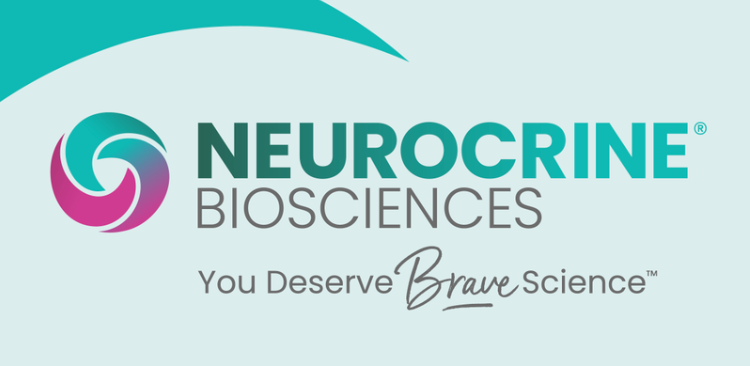First Patient Randomized in Phase 2 Trial to Assess Efficacy of NBI-1070770 for MDD
Although still recruiting, the first patient was randomized to receive NBI-1070770 for major depressive disorder in a phase 2 trial assessing efficacy, safety, and tolerability.
Credit: X

Neurocrine Biosciences announced on April 3, 2024 the first patient has been randomized to receive NBI-1070770 for major depressive disorder (MDD) in a phase 2 clinical trial.1
MDD, characterized by a depressed mood, loss of interest or enjoyment in daily activities, and reduced energy, is one of the leading causes of disability.2 Despite the available antidepressants on the market, about a third of 16 million in the US with MDD do not respond to current treatments.
NBI-1070770, an investigational, oral, negative allosteric modulator of the NR2B subunit-containing N-methyl-D-aspartate receptor, is being developed for the potential treatment of patients with inadequate response to current antidepressants.
In a multicenter, randomized, double-blind, placebo-controlled study, investigators will assess the investigational compound’s efficacy, safety, and tolerability in approximately 72 adults with MDD throughout various centers in the United States.1 Investigators will compare the safety and efficacy of NB-1070770 in participants with MDD compared to placebo, aiming to see how NBI-1070770 improves MDD symptoms. Participants will be randomized into 1 of the 4 groups: NBI-1070770 at low dose, NBI-1070770 at median dose, NBI-1070770 at high dose, and placebo.3
The primary endpoint is the change in the total Montgomery-Åsberg Depression Rating Scale score from baseline to day 5. The secondary endpoint is the change in the total Montgomery-Åsberg Depression Rating Scale score from baseline to day 49.
Eligibility criteria include being 18 – 65 years old, having a diagnosis of recurrent MDD or persistent MDD, and if on antidepressants, they must have been taking their current antidepressant medications for ≥ 8 weeks before screening and must be willing to continue to take the current antidepressants during the study.
The study is estimated to be completed in December 2025, with a primary completion in September 2025.
“Based upon our Phase 1 first-in-human study, we are excited to bring this novel oral compound, which acts through a clinically validated mechanism of action, into clinical development as a potential treatment for major depressive disorder,” said Eiry W. Roberts, MD, chief medical officer at Neurocrine Biosciences, in a press release.1 “The selectivity of NBI-1070770 for the NMDA NR2B receptor has the potential to benefit patients who have moderate to severe depression.”
References
- Neurocrine Biosciences Announces First-Patient Dosed in Phase 2 Clinical Study Evaluating NBI-1070770 in Adults with Major Depressive Disorder. PR Newswire. April 3, 2024. https://www.prnewswire.com/news-releases/neurocrine-biosciences-announces-first-patient-dosed-in-phase-2-clinical-study-evaluating-nbi-1070770-in-adults-with-major-depressive-disorder-302106187.html. Accessed April 3, 2024.
- Our Pipeline. NEUROCRINE BIOSCIENCES. https://www.neurocrine.com/pipeline/. Accessed April 3, 2024.
- A Study to Evaluate the Efficacy and Safety of NBI-1070770 in Adults with Major Depressive Disorder. ClinicalTrials.gov. https://clinicaltrials.gov/study/NCT06267846?cond=Major%20Depressive%20Disorder&term=NBI-1070770&rank=1. Accessed April 3, 2024.